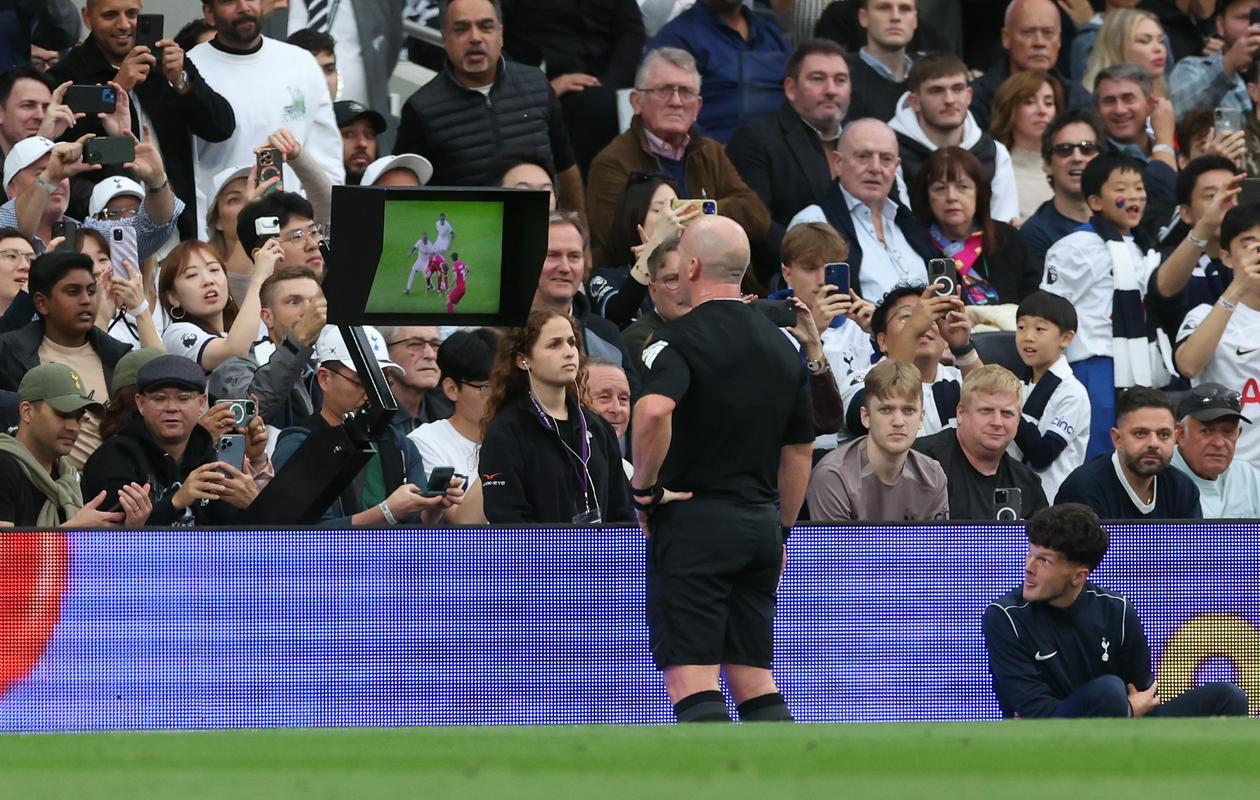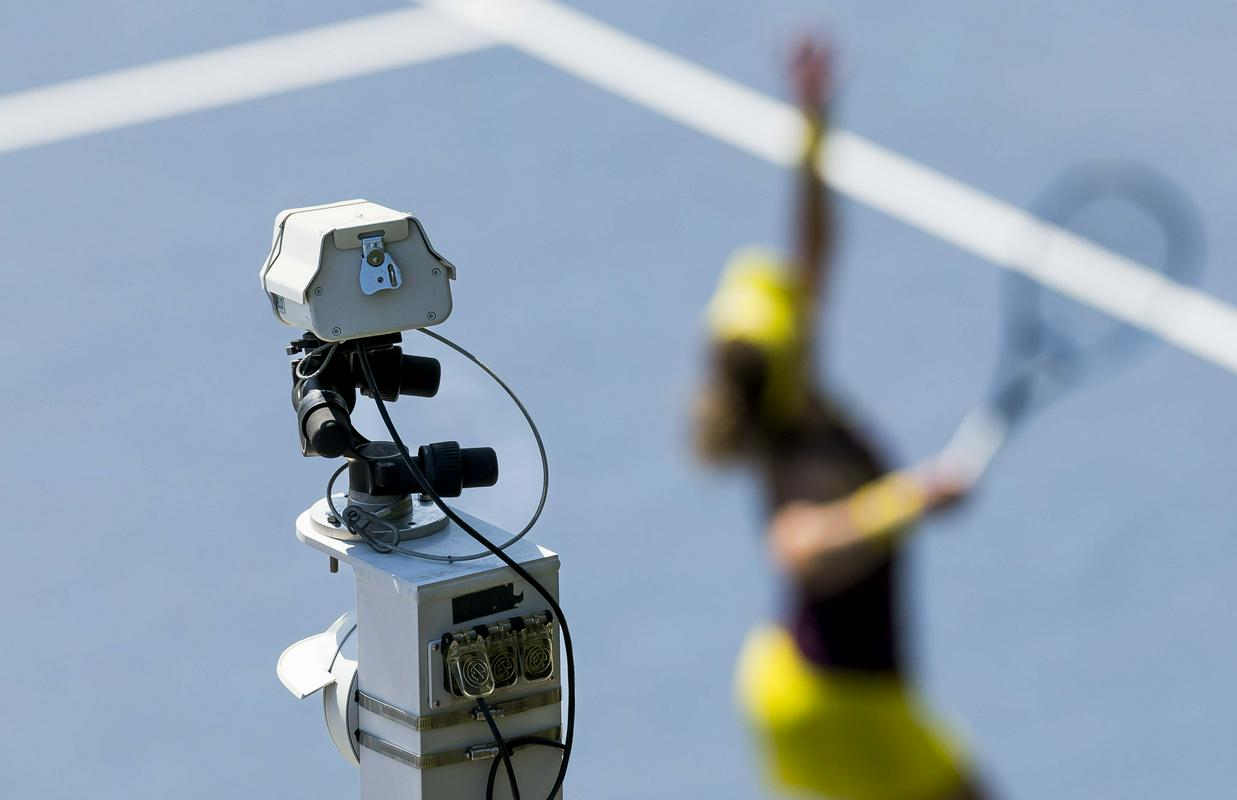
In reality this remains more or less an (unrealized?) ideal.
But in sport, there really is no perfect equalizer that would allow all players to have an equal starting point and a fair fight. Differences exist on all possible levels, from genetics (someone that’s is 170 centimetres tall can't really dream of playing in the NBA) to the opportunity provided by the environment in all its forms (from the range of sports you can play at all, to the quality of coaches, training, equipment ...).

One of the few fields that, at least in theory, ensures an equalization of opportunities for success, is represented by the rules that define each sport in the first place. Each volleyball team can hit the ball a maximum of three times in a row, in team sports the ball must be in the court all the time, matches lasts a specific number of minutes etc. The beauty of the rules is that they are universal and, in principle, apply to both World Cup matches and those in amateur leagues.
This principle has never been a significant obstacle in the case of refereeing errors. These have always happened and (quite likely?) always will. In this case, the cause is not even important. It could happen because of deliberate bribery or because od simple errors. These could also be different. From those that referees make due to the pressure of a loud audience to completely random ones, when they are mistaken in the belief that aren’t in the wrong. Some romantics (?) are even convinced that the human element of refereeing errors is an important factor that makes football so popular and unpredictable. You never know what will happen.
This was one of the arguments I often heard, that were against the introduction of VAR in football in recent years. I can only smile at that. If you have the ability to use technology that allows for more consistent adherence to the rules (and, of course, fairness), then the only possible answer is: "Sure, right away. Where do I sign?"
Make no mistake, even VAR is not perfect and makes mistakes, which has once again upset the English football public in recent days. Tottenham beat Liverpool 2-1 last weekend, with technology unfairly disallowing the Reds' goal at 0-0. The authorities immediately explained that it was a human error. A few days later, the entire transcript of the conversations that took place in those crucial seconds became public.
The mentioned video is more than instructive. The most important realization is that it was not a long-planned conspiracy to harm Liverpool. Quite simply, it was human error, which is bound to happen in such a short period of time, with the pressure of an instant response (this should really be an argument for those who like the unpredictable element of refereeing/human error).
The real question is no longer "to use VAR or not", but how to use it as best as possible. One of the negative impacts of using it is certainly the time to check, which is sometimes too long and stops the game (not to mention the celebration of goals, which can prove to be unfounded a few minutes later).
At this moment, VAR is a tool that helps referees to make a final decision. A human being still makes the final decision. The long-term solution is also becoming increasingly clear - leaving all responsibility to technology. The advantages (assuming technological capabilities) are clear, from faster decisions to even fewer errors.
Here, however, we step into a broader field of the relationship between technology and man, which goes beyond sports and cuts into the entire society. From the development of artificial intelligence to much more critical questions (and the necessary immediate answers) that can decide life and death (just think of the development and arrival of autonomous vehicles).



































































Komentarji so trenutno privzeto izklopljeni. V nastavitvah si jih lahko omogočite. Za prikaz možnosti nastavitev kliknite na ikono vašega profila v zgornjem desnem kotu zaslona.
Prikaži komentarje